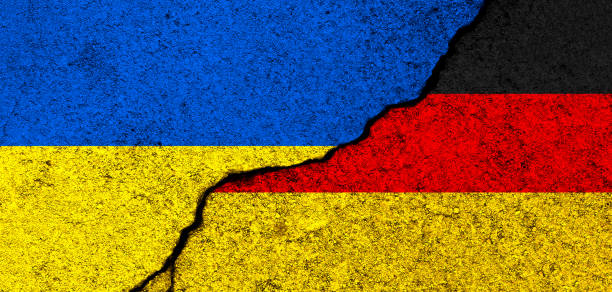Hungary momentarily stole the spotlight, casting a shadow on the European Union's plans to offer economic aid to Ukraine. The Hungarian Prime Minister, Viktor Orban, raised objections but eventually gave a nod to commence talks on Ukraine's potential EU membership.
For Ukraine, the initiation of accession talks is more than a bureaucratic formality; it's a powerful symbol of political solidarity. While EU membership is a convoluted journey fraught with twists, the mere commencement of talks is a significant leap. In the midst of an enduring conflict, Ukraine's prospects for long-term political and security alliances with the West are now firmly anchored. This unexpected step forward injects a renewed sense of hope, crucial for a nation navigating both the military battlefield and the diplomatic arena.
The timing is crucial, considering Ukraine's ongoing struggle for attention on the world stage. With the conflict showing little sign of resolution, and competing for global attention amid conflicts like Gaza, Ukraine's narrative as the valiant underdog faces challenges. As the winter approaches with delayed or jeopardized support from the U.S. and the EU, Ukraine needs this political boost to rally domestic and international support, essential for sustaining its efforts in the coming year.
Hungary, often seen as Russia's ally in the EU, plays a strategic game in Brussels. Viktor Orban's move to obstruct aid while allowing accession talks mirrors a familiar pattern. Hungary's longstanding disputes with the EU over rule-of-law violations have led to frozen funds earmarked for Budapest. Orban, adept at leveraging Hungary's veto power, can act as a spoiler on crucial issues until he secures those funds. In this recent episode, Brussels released around $11 billion, showcasing the effectiveness of Orban's tactics.
Orban's conditional support for Ukraine, hinging on post-European Parliament election promises in June 2024, aligns with his political strategy. The delay tactic serves his nativist, populist agenda, anticipating gains for right-wing parties sympathetic to his cause. While Hungary may continue playing the spoiler in Brussels, it's unlikely that Orban will withhold support for Ukraine until the specified elections. A more probable scenario involves a strategic fold, adhering to his predictable pattern.
Ukraine takes center stage, navigating a delicate balance between conflict and diplomacy, while Hungary, with its strategic maneuvers, adds another layer to the complex choreography of EU politics. Remember that in the world of geopolitics, every move has consequences.
